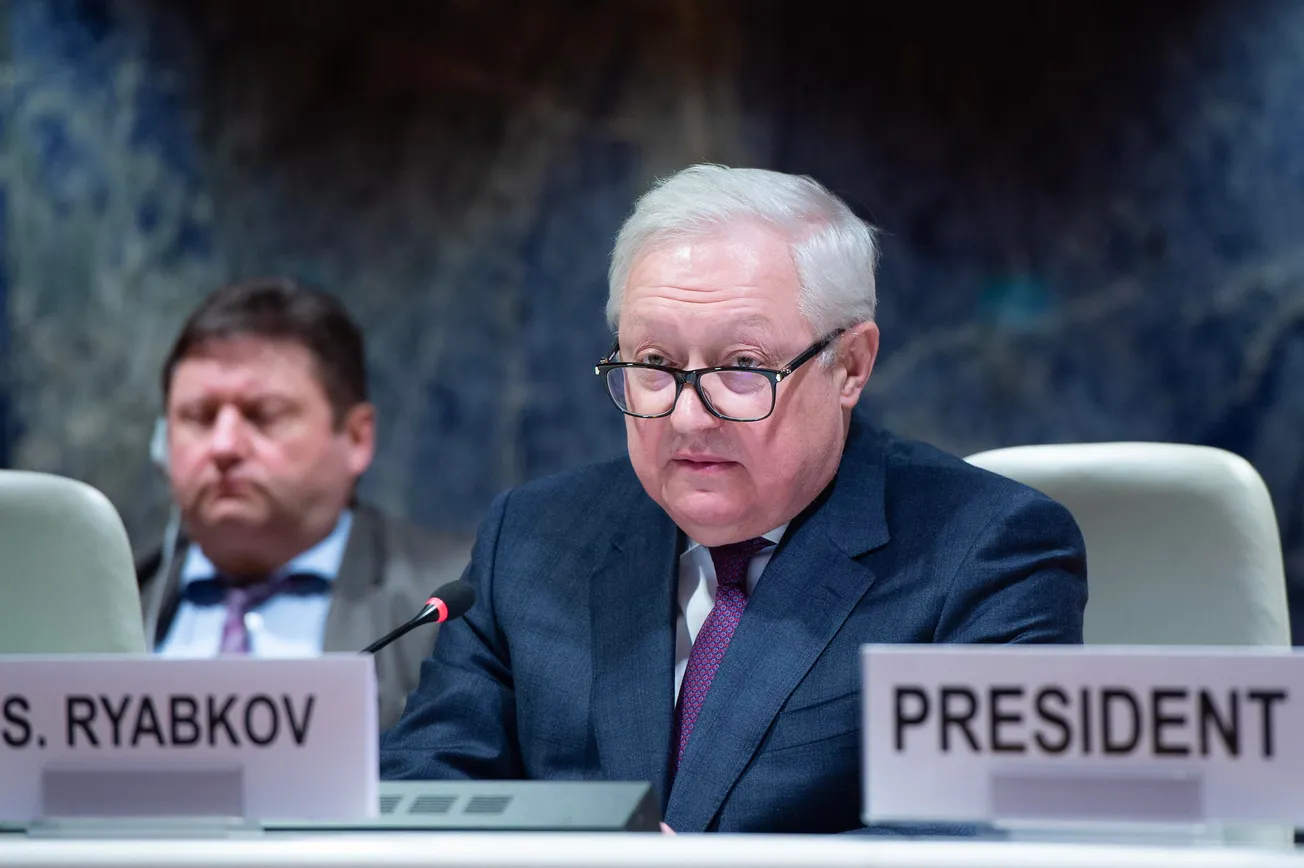Dr. Theodore Postol further developed his explanation of the dire significance of drones attacking Russia’s early-warning radars from Ukrainian territory, in a commentary in Responsible Statecraft June 5, headlined, “Droning Russia’s Nuke Radars Is the Dumbest Thing Ukraine Can Do.” Postol says that the Armavir attack which “shut down both Russian radars [there] immediately” was “a big deal,” and likely caused an immediate emergency meeting with the commander and officers of Russia’s strategic rocket forces. He identifies the Russian system of 10 EW radars as a priority project of Russian President Vladimir Putin over his entire presidency, recognizing the vulnerabilities of Russia’s inadequate satellite-based strategic early warning capacities.
The commentary is based on competent knowledge of steady U.S. efforts, over decades, to push toward a “successful” first-nuclear-strike capability, efforts of which Putin and the Russian military leadership are certainly aware. In that context, although it is not developed explicitly in this brief commentary:
“Although all of these warning times are shockingly short, it is clear that a warning time of 19 minutes versus one of eight to nine minutes could make the difference between forcing Russia to rely on an automated decision that could lead to the accidental destruction of the United States and Western Europe, or instead on a more reasoned assessment by political leaders and highly professional military commanders.
“Any appropriately knowledgeable expert who has listened carefully to Putin’s numerous statements about nuclear weapons would know that he has a detailed knowledge of this warning system and its limitations. He has regularly shown up at the inaugurations of early warning radar sites, overtly indicating his concerns about the need for adequate and reliable early warning systems.
“The Russians do currently have an extremely limited space-based early warning system. The system only observes the U.S. ICBM fields near its northern borders and cannot be proliferated to provide global coverage against U.S. submarine missiles. It does not even have 24-hour coverage of the U.S. ICBM fields, since nine satellites are needed to provide that coverage and only four are active at this time.
“I have sought to warn the U.S. government leadership of this serious problem, which could have been solved 30 years ago by the U.S. `lending’ certain technologies to the Russians. My proposals involved providing the Russians with specialized space-qualified infrared arrays and electronics that would allow them to build their own systems.”
During the 1990s Dr. Postol’s communications to the Clinton Administration were never answered.




